Why You Need an Exhaust Fan in Your Kitchen
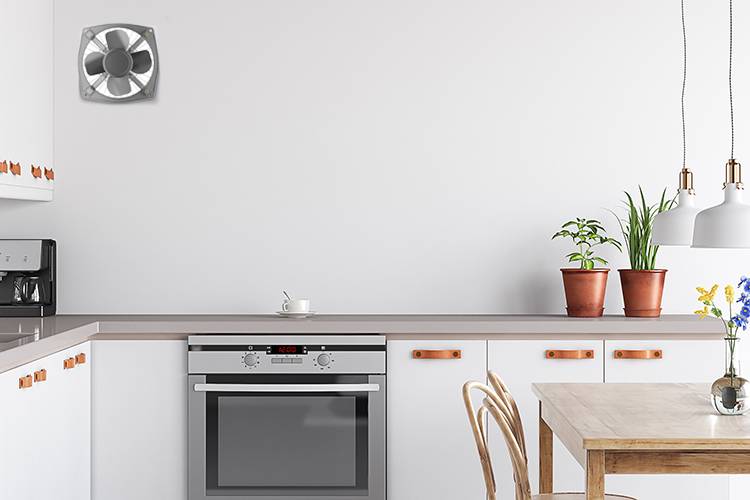
The kitchen. A place of culinary creation, warm laughter, and sometimes...intense heat and lingering odors. While a good range hood can tackle some of the heavy lifting, there's another unsung hero in the fight for a fresh and comfortable kitchen: the exhaust fan.
Yes, that seemingly simple vent in your wall or ceiling plays a much bigger role than you might think. Let's dive into the reasons why an exhaust fan is a must-have for any kitchen, and how it can elevate your cooking experience.
The Benefits of Banishing Odors and Steam
Picture this: you've just whipped up a delicious stir-fry, but the lingering aroma of garlic and onions seems to cling to the air long after dinner's done. This is where an exhaust fan steps in. By drawing out cooking smells and smoke, it keeps your kitchen smelling fresh and inviting. Imagine enjoying a light dessert without a hint of yesterday's dinner clinging to the air!
But it's not just about fighting foodie funk. Exhaust fans are also essential for removing excess moisture from your kitchen. Steam from boiling water, simmering sauces, and even dishwashing can create a humid environment. This not only makes the room feel muggy and uncomfortable, but it can also lead to problems with mold and mildew growth.
An exhaust fan acts like a superhero, whisking away that unwanted moisture, preventing it from causing damage or creating an unpleasant atmosphere.
Beyond the Obvious: Health and Safety Perks
The benefits of an exhaust fan extend beyond just keeping your kitchen smelling and feeling good. Here are some additional reasons to consider installing one:
- Improved Air Quality: Exhaust fans help remove airborne pollutants like smoke and grease particles, which can irritate your lungs and contribute to respiratory problems. This is especially important if you have allergies or asthma.
- Reduced Fire Risk: Cooking can generate grease particles that can build up on walls and surfaces. An exhaust fan helps to remove these particles, reducing the risk of a kitchen fire.
- Preserved Surfaces: Excess moisture can damage cabinets, countertops, and other kitchen surfaces. By preventing condensation with an exhaust fan, you can extend the life of your kitchen for years to come.
Choosing the Right Exhaust Fan for Your Kitchen
Now that you're convinced about the power of an exhaust fan, let's talk about finding the perfect one for your kitchen. Here are some key factors to consider:
- Size: The size of your fan should be proportionate to the size of your kitchen. We offer a variety of exhaust fan sizes to ensure optimal performance in your space.
- Power: You'll want a fan that's powerful enough to effectively remove smoke, odors, and moisture. Look for CFM (cubic feet per minute) ratings to determine the right power level for your needs.
- Noise Level: Some exhaust fans can be quite noisy. Consider your noise tolerance and choose a fan that operates at a comfortable level. We offer exhaust fans with whisper-quiet operation for a peaceful cooking experience.
- Features: Some exhaust fans come with additional features like lighting, timers, and humidity sensors. Choose the features that best suit your needs and preferences.
Conclusion: A Kitchen Essential
An exhaust fan in kitchen might seem like a simple addition to your space, but it's a powerful tool that can significantly improve your cooking experience. From banishing unwanted odors to creating a healthier and more comfortable environment, an exhaust fan for the kitchen is definitely worth considering. Explore our selection of high-quality exhaust fans, and find the perfect one to elevate your kitchen from good to great. For more information on choosing the right exhaust fan for your kitchen, check out this comprehensive guide on How to Choose the Best Exhaust Fan for Your Kitchen. After all, a happy kitchen is a happy home (and a happy stomach!).
Frequently Asked Questions (FAQs) :
-
Why is an exhaust fan essential in a kitchen?
An exhaust fan is crucial for several reasons:
- Odor Removal: It helps to eliminate cooking smells, such as those from garlic and onions, ensuring your kitchen remains fresh.
- Moisture Control: It removes excess steam and moisture generated from cooking, which can prevent mold and mildew growth.
- Air Quality Improvement: It reduces airborne pollutants like smoke and grease particles, which can benefit respiratory health.
- Fire Risk Reduction: By removing grease particles, it lowers the risk of kitchen fires.
-
How does an exhaust fan improve air quality in the kitchen?
Exhaust fans help improve air quality by removing airborne pollutants, including smoke and grease particles. These pollutants can irritate the lungs and contribute to respiratory issues, particularly for individuals with allergies or asthma. By drawing out these contaminants, an exhaust fan helps create a cleaner and healthier cooking environment.
-
What should I consider when choosing the right exhaust fan for my kitchen?
When selecting an exhaust fan, consider the following factors:
- Size: Ensure the fan size matches your kitchen's dimensions for effective performance.
- Power: Check the CFM (cubic feet per minute) rating to choose a fan with adequate power for removing smoke and moisture.
- Noise Level: Opt for a fan with a noise level that suits your tolerance. Some models offer quiet operation for a more peaceful cooking experience.
- Features: Look for additional features like lighting, timers, or humidity sensors based on your preferences and needs.
-
Can an exhaust fan help prevent damage to my kitchen surfaces?
Yes, an exhaust fan helps prevent damage by controlling excess moisture. Steam and humidity from cooking can cause condensation, leading to damage on surfaces like cabinets and countertops. By reducing moisture levels, an exhaust fan can help preserve these surfaces and extend the life of your kitchen.
-
How does an exhaust fan reduce the risk of kitchen fires?
An exhaust fan reduces fire risk by removing grease particles that accumulate on walls and surfaces. Grease buildup can be highly flammable and increase the likelihood of a fire. Regular use of an exhaust fan helps to mitigate this risk by keeping the kitchen environment cleaner and safer.
-
Are there different types of exhaust fans for various kitchen needs?
Yes, there are several types of exhaust fans tailored to different needs:
- Range Hoods: Typically installed above the stove, they are effective for capturing smoke and odors directly from cooking.
- Wall-Mounted Fans: These are installed on walls and are suitable for general ventilation.
- Ceiling-Mounted Fans: Ideal for larger kitchens, they provide comprehensive ventilation.
- Inline Fans: Installed in the ductwork, these fans are less visible and can be very effective for larger spaces.

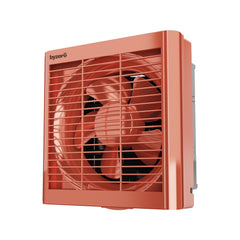
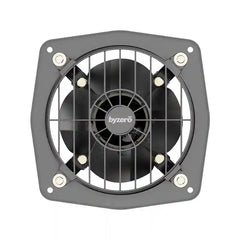
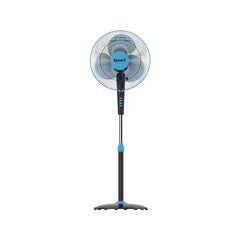
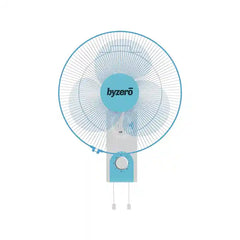
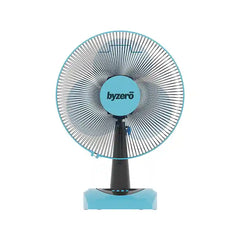
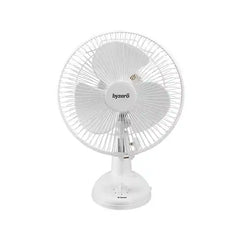



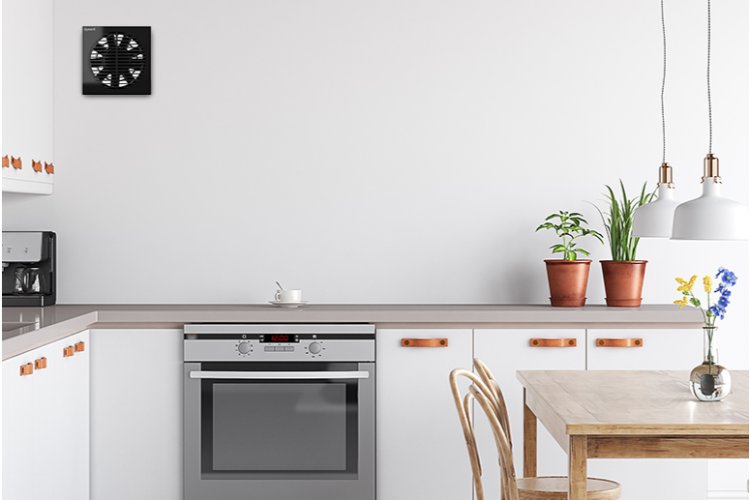
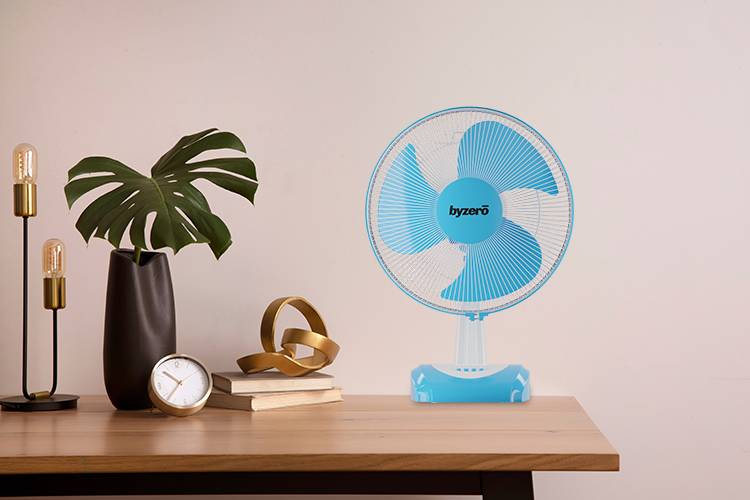

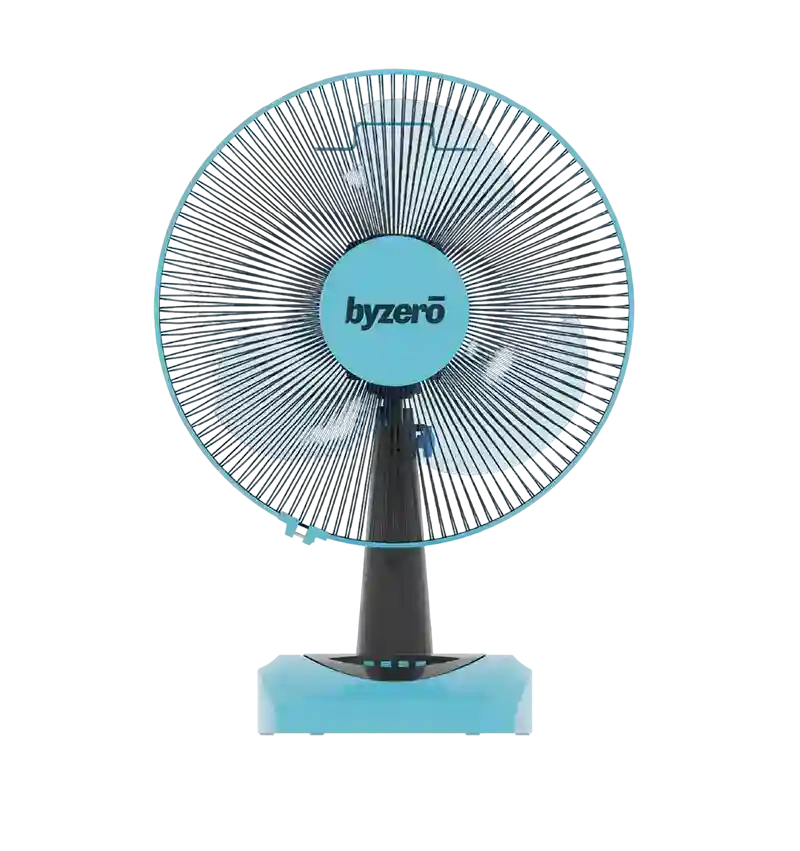
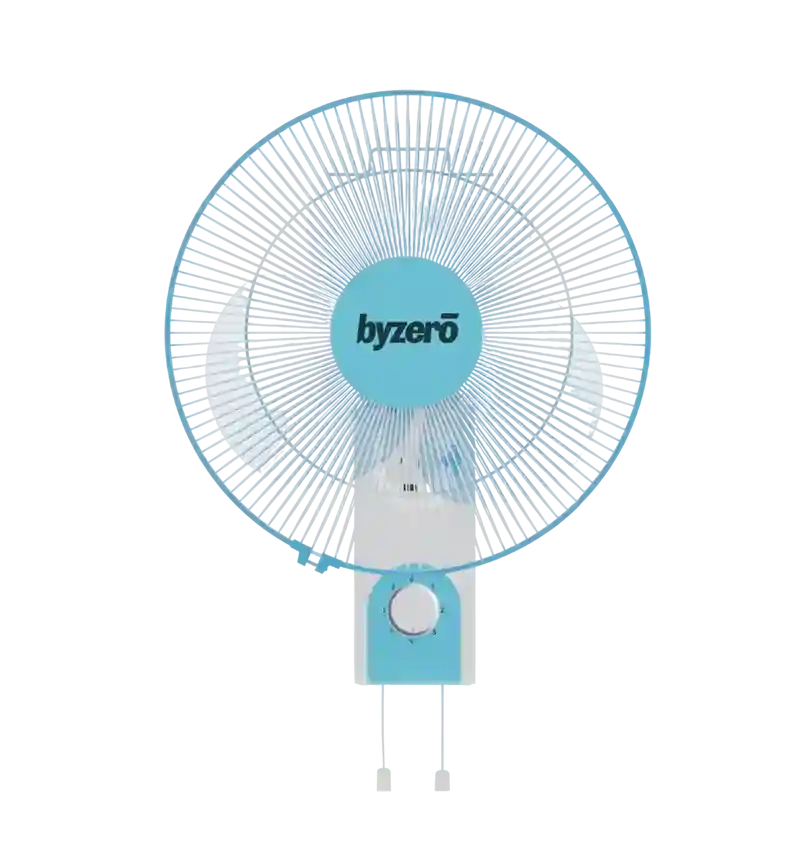
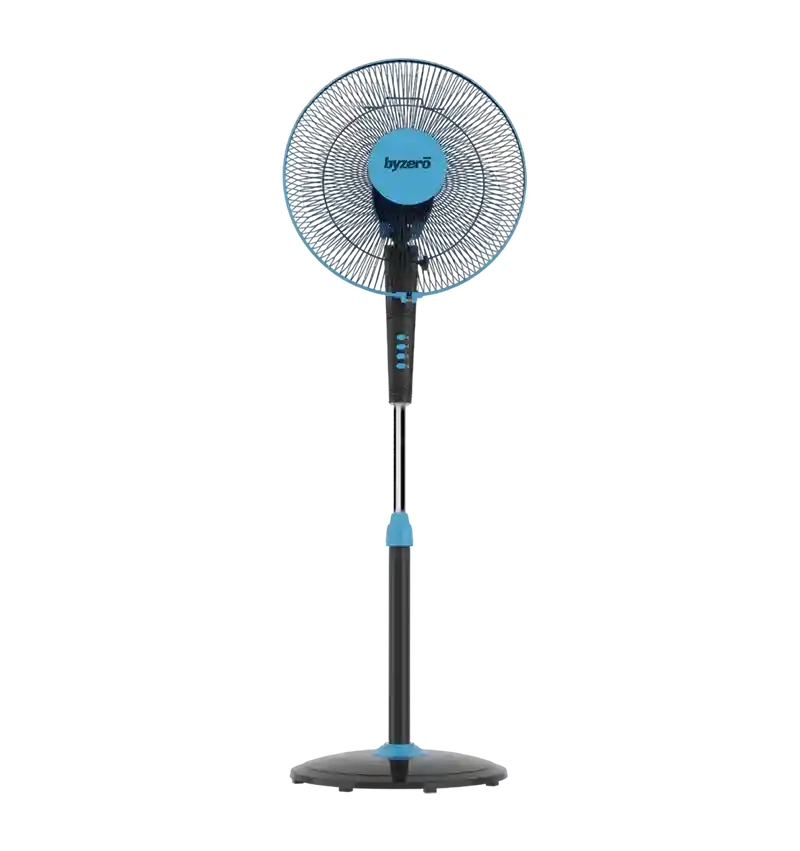
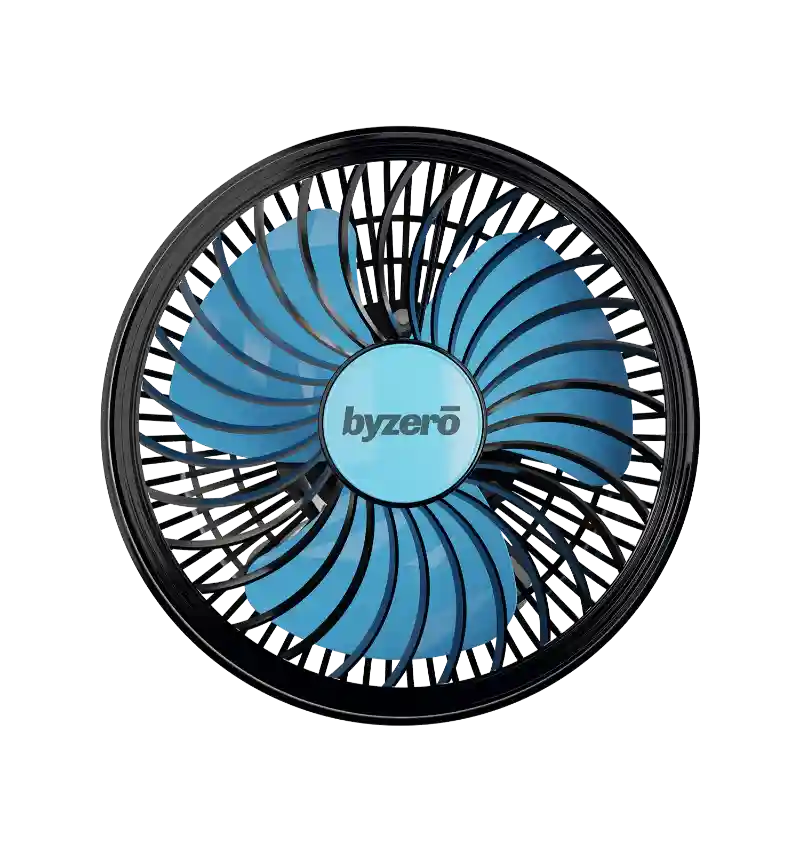
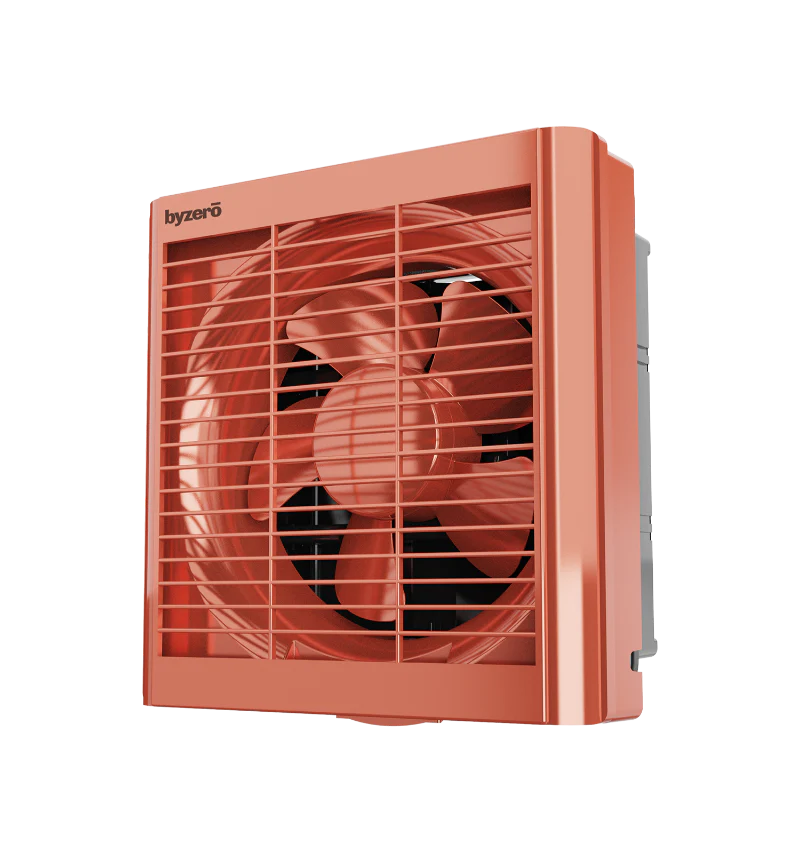



Leave a comment